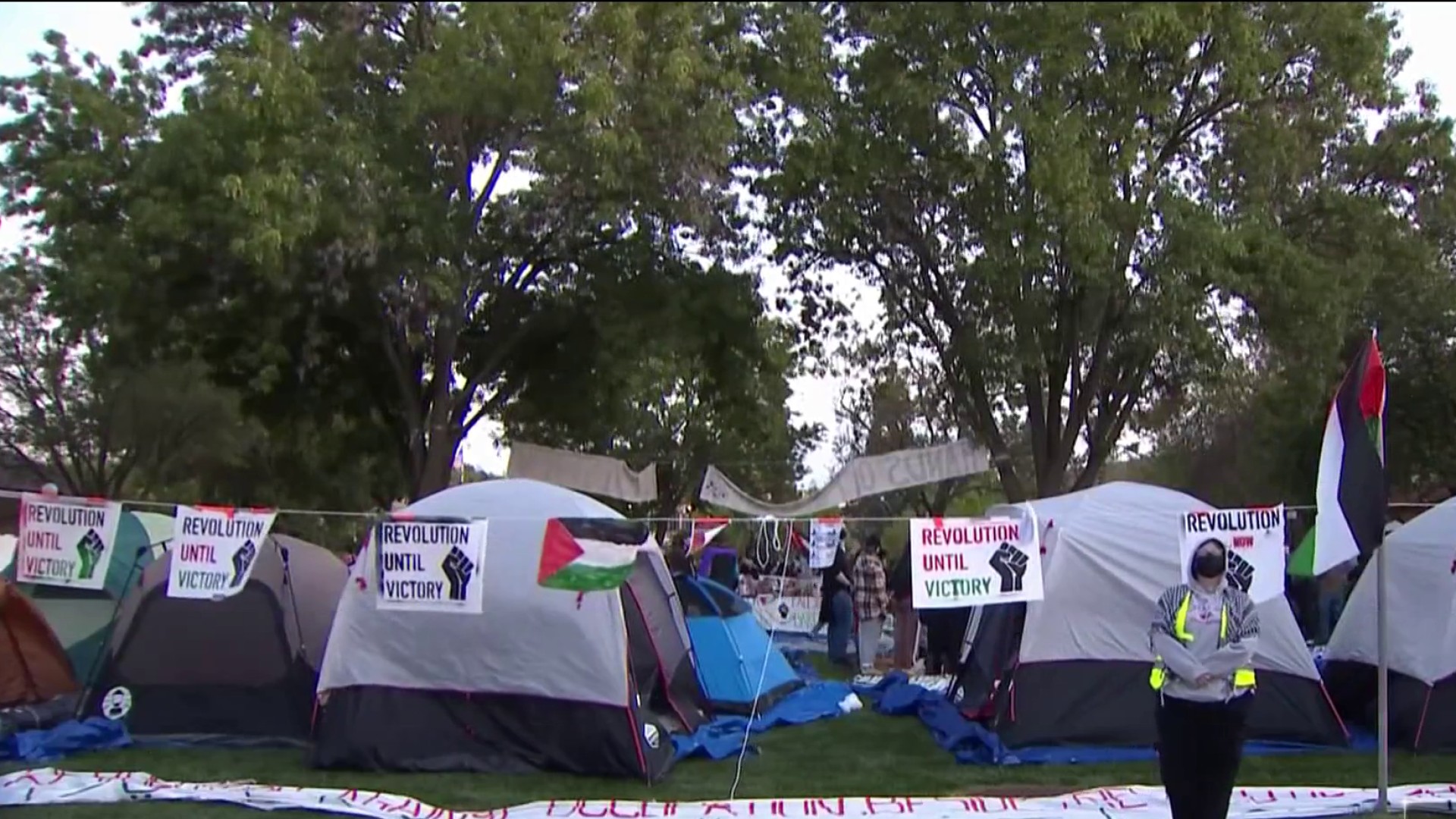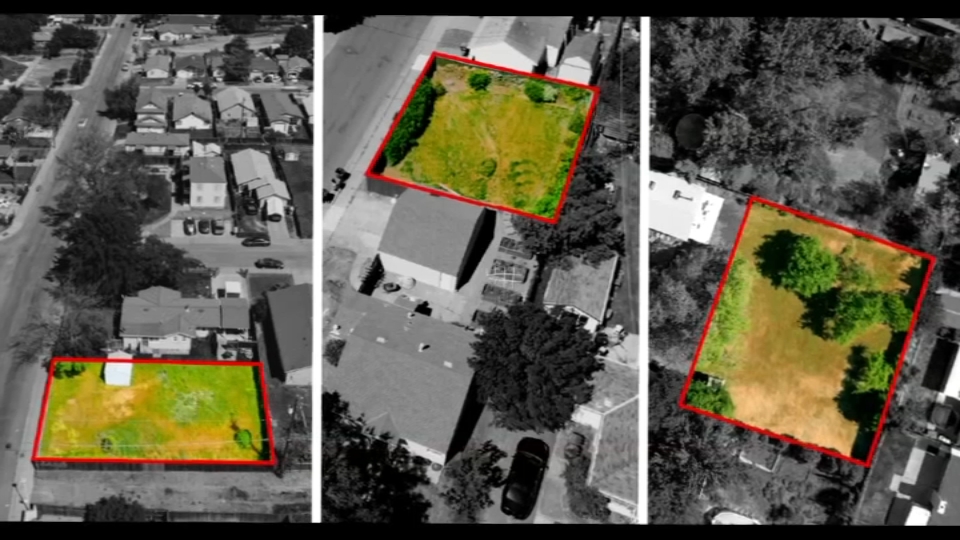San Francisco voters have some decisions to make about housing and public safety in the upcoming March 5 primary election.
There are four local ballot measures getting a lot of money and attention, and two of those have to do with the San Francisco Police Department.
Prop B: More police officers
Proposition B would set minimum staffing for police officers, slowly increasing from the roughly 1,500 officers currently on payroll to a mandatory minimum of just over 2,000 officers within five years. The measure comes from the Board of Supervisors, who say it's badly needed to fight the rise in shoplifting, car break-ins and open-air drug use.
Get a weekly recap of the latest San Francisco Bay Area housing news. Sign up for NBC Bay Area’s Housing Deconstructed newsletter.
Opponents of Prop B say the city can't afford the $120 million to $300 million these additional officers would add to the budget. If the measure passes, they point out, an amendment added last November ensures that it won't take effect until it's funded — which means there won't be any increase in police staffing unless the Board of Supervisors can get voters to approve a tax hike in a future election.
Prop E: New rules for policing
Proposition E comes from Mayor London Breed, and it changes some of the rules for police. Supporters say it would remove a lot of the red tape and paperwork that's bogging down the San Francisco Police Department, letting officers spend more time catching bad guys and less time writing reports.
Local
Opponents say it gives the department too much power. The new rules would allow car chases, surveillance cameras, drones and facial recognition in more situations, potentially with less oversight from the Police Commission.
Police propositions: Who's backing them?
Although Props B and E aren't technically competing with each other, their supporters certainly are. Prop B has support from most of the Board of Supervisors, the local Democratic Party, and several labor unions. It's opposed by Mayor Breed, the local Republican Party, and the police union.
Incidentally, the main opponents of Prop B are the same three entities most prominently supporting Prop E. Mayoral candidate Daniel Lurie also supports Prop E, and has kicked in quite a bit of money to campaign for it. Opponents to prop E include the ACLU, the Electronic Frontier Foundation, and the local Democratic Party.
Prop F: Drug testing for welfare recipients
Mayor Breed is also backing another measure, Proposition F. It would require county welfare recipients to take a drug test in order to get their money. Supporters say it's a much needed tool in the fight to clean up the streets: instead of being picked up by police and declining treatment over and over again, prop F would compel people to get help for their substance abuse.
But opponents say Prop F could actually make the problem worse. Losing access to welfare could mean more people wind up living on the streets, which could in turn lead to them using more drugs.
Prop F has support from the mayor, but also the local Democratic and Republican Parties, along with the police officers' union.
The San Francisco Chronicle has endorsed a "no" vote on Prop F, and so have the Tenants' Union and four members of the Board of Supervisors.
Prop A: Housing bond measure
Opponents of Prop F say the way they'd solve the drug crisis is to get more people into stable housing. And that's what Prop A is all about. It's a $300 million housing bond measure that requires a two-thirds vote to pass.
Supporters of Prop A say new low- and moderate-income rental housing would help more than just people living on the streets and in shelters. It would help working families who simply can't afford to live in San Francisco because of the high housing cost, they argue. And it would help meet the state mandate to build 46,000 new homes in the city by 2032.
Opponents of Prop A contend money isn't the problem. They say taxpayers have poured billions into the city's housing fund, and so far, very little has gotten built. They also worry this could wind up meaning another tax hike for homeowners.
Prop A has broad support from the mayor and almost the entire Board of Supervisors, the Democratic Party, and the San Francisco Chronicle.
It's opposed by the police union and the local Republican Party.
Of course, in the end, it's up to the voters — and we'll see what they decide when the vote counting begins on Election Night. Tune in to NBC Bay Area for live updates, and check nbcbayarea.com for the latest numbers as results come in.



